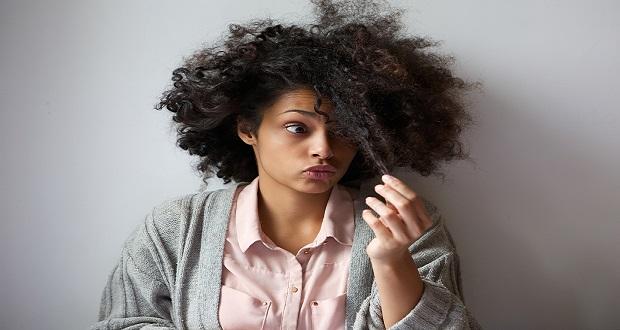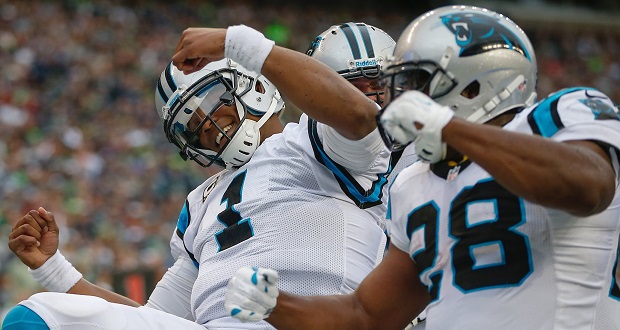
Earlier this month, the Perception Institute shared results from its “Good Hair” Study. The Study gauged explicit and implicit biases towards natural textured hair. Researchers sought out to explore the extent to which black women were limited by hair biases and the manifestations of implicit discrimination in the workplace when they chose to wear their natural hair.
Here are some of the key findings:
|
|
While the findings were not surprising to me, I believe the study, in and of itself, is certainly relevant. On one end, we see more and more organizations aspiring for cultures where employees can bring their “whole self” to work. On the other end, we have courts declaring that employers can ban natural hairstyles, like dreadlocks, and some schools stigmatizing natural hair in dress code policies. It’s so (for lack of better words) bizarre, to me.
I will say, the findings resonate with my experiences in corporate America. I recall some of the anxiety I felt when interviewing for jobs. Should I wear my natural hair? Or should I straighten it? Or should I get a weave? If my interview was in the summer time, when braids were perhaps the most convenient hairstyle, I remember considering if I should hold off on getting them done, or maybe even take them out. And when I didn’t, I was still overly concerned with the interviewers’ perception. (Thank God, I am over that phase.)
When I started working in human resources, a field where my co-workers were predominantly white women, I recall this weird sense of amazement when changing up my hair. If I went from natural to straight, it was the “Oooh, I just LOVE your hair that way.” If I went from straight to natural, it was the, “Wow, your hair is so magical—how did you do that??” The micro-aggressive nature of the remarks made it hard to differentiate a compliment from patronization, or curiosity from insult. It could be draining.
The study’s findings and my own experiences with “hair bias,” is why I subscribe to believing, “I Am My Hair.” (Don’t get me wrong, I absolutely love the message behind India Arie’s ode to our natural beauty). But the way my identity is set up—how I choose to wear my hair is a big part of it. Some months, I am my fro and natural curls. Other times, I am my braids or a weave. Later on, I may be my faux locs or a tapered cut. I spend a lot of time deciding what to do with my hair. And no, I don’t see it as an inconvenience any more than I see it as, yet another reason why Black girls are magic.
So yes, I AM my hair and I love it. I am hopeful for a day when organizations, the courts, and white women will appreciate it the same.




![The Buzz: The [Black] Dolls Are in Town](https://theinclusionsolution.me/wp-content/uploads/2024/04/Young-Black-girl-with-Black-baby-doll-440x264.jpg)













